Dinkić: Ratification first, talks later
Mlađan Dinkić says the energy agreement with Russia will be ratified in early September.
Wednesday, 20.08.2008.
11:10

Mladjan Dinkic says the energy agreement with Russia will be ratified in early September. The economy minister told a press conference that after ratification, negotiations with Russia would begin over the contract, while discussions over the details of the agreement should be complete by the end of the year. Dinkic: Ratification first, talks later Dinkic said that he was optimistic that an agreement would be reached that would work in the best interests of both countries. He said that obtaining an estimate of the Serbian Oil Industry’s (NIS) value was a legal obligation, adding that it was not the proposal of his ministry, but of the government. The price is not part of the energy agreement, Dinkic said, adding that “those who are more interested in politics than the energy agreement are focusing on NIS and forgetting about the gas pipeline.” “It is strange that over the last month, everyone has been talking about NIS and has forgotten about the gas pipeline, as if the energy agreement was made because of NIS and not the pipeline,” the minister remarked. He voiced his conviction that the Russians would be interested in reaching the best possible agreement, because, as he said, even the Russian side was aware that the price of EUR 400mn for NIS had been based on 2006 estimates, and that the price of fuel on the world market had doubled since then and that NIS’s profits had tripled. The agreement would be sealed according to the prices that were valid at the moment of signing, and that was in the interests of both Serbia and Russia, Dinkic said. Minister: Russian gas deal “certain” Energy Minister Petar Skundric says there is no chance of the Russian-Serbian energy agreement falling through. “I think that parliamentary officials, including the opposition, will have enough sense to make this agreement a priority at the first parliamentary session," he said. "Any postponement could lead the country into a situation where the Russian side backs out because of our procrastination. If that happens, though I do not think it will, all of us will have to bear responsibility,” the mining and energy minister told daily Vecernje Novosti. He said that the “agreement cannot be endangered and that is not the intention of Deputy Prime Minister [Bozidar Djelic] or Economy Minster Mladjan Dinkic,” who wants the sale price of the Serbian Oil Industry (NIS) to be increased. “We, as a serious country, must stand behind what the senior state administration has signed,” stressed Skundric. Asked whether the agreed price for NIS of EUR 400mn could be altered, he said that “Dinkic was not assigned to head the negotiating team to change the price of NIS,” adding that the negotiating team had been formed to speed up the process of achieving better results in the interests of both sides. Asked about the consequences of the agreement collapsing, Skundric said that it represented the best strategic and developmental project in the last 50 years, giving Serbia great energy stability, a leading position in the gas industry, as well as a strategic partnership with both Russia and the European Union. The minister said that by the end of the year, and maybe the first quarter of next year, there would be no increase in electricity prices, adding that the latest increases had satisfied the Serbian electricity producer’s minimum operational conditions. Commenting on reports that the declaration of reconciliation between the Democrats and Socialists would be signed soon, Skundric, one of the founders of the Socialist Party of Serbia, said that the document was more about “reaching an agreement regarding basic goals and priorities in order to create a better life for all citizens.” Asked whether the document guaranteed the rehabilitation of the family of the former Serbian president and SPS leader, the late Slobodan Milosevic, Skundric said that the document, “does not deal with individual issues, but fundamental rights and freedoms, which implies that the members of the Milosevic family should enjoy the same rights as the rest of Serbia’s citizens.”
Dinkić: Ratification first, talks later
Dinkić said that he was optimistic that an agreement would be reached that would work in the best interests of both countries.He said that obtaining an estimate of the Serbian Oil Industry’s (NIS) value was a legal obligation, adding that it was not the proposal of his ministry, but of the government.
The price is not part of the energy agreement, Dinkić said, adding that “those who are more interested in politics than the energy agreement are focusing on NIS and forgetting about the gas pipeline.”
“It is strange that over the last month, everyone has been talking about NIS and has forgotten about the gas pipeline, as if the energy agreement was made because of NIS and not the pipeline,” the minister remarked.
He voiced his conviction that the Russians would be interested in reaching the best possible agreement, because, as he said, even the Russian side was aware that the price of EUR 400mn for NIS had been based on 2006 estimates, and that the price of fuel on the world market had doubled since then and that NIS’s profits had tripled.
The agreement would be sealed according to the prices that were valid at the moment of signing, and that was in the interests of both Serbia and Russia, Dinkić said.
Minister: Russian gas deal “certain”
Energy Minister Petar Škundrić says there is no chance of the Russian-Serbian energy agreement falling through.“I think that parliamentary officials, including the opposition, will have enough sense to make this agreement a priority at the first parliamentary session," he said.
"Any postponement could lead the country into a situation where the Russian side backs out because of our procrastination. If that happens, though I do not think it will, all of us will have to bear responsibility,” the mining and energy minister told daily Večernje Novosti.
He said that the “agreement cannot be endangered and that is not the intention of Deputy Prime Minister [Božidar Đelić] or Economy Minster Mlađan Dinkić,” who wants the sale price of the Serbian Oil Industry (NIS) to be increased.
“We, as a serious country, must stand behind what the senior state administration has signed,” stressed Škundrić.
Asked whether the agreed price for NIS of EUR 400mn could be altered, he said that “Dinkić was not assigned to head the negotiating team to change the price of NIS,” adding that the negotiating team had been formed to speed up the process of achieving better results in the interests of both sides.
Asked about the consequences of the agreement collapsing, Škundrić said that it represented the best strategic and developmental project in the last 50 years, giving Serbia great energy stability, a leading position in the gas industry, as well as a strategic partnership with both Russia and the European Union.
The minister said that by the end of the year, and maybe the first quarter of next year, there would be no increase in electricity prices, adding that the latest increases had satisfied the Serbian electricity producer’s minimum operational conditions.
Commenting on reports that the declaration of reconciliation between the Democrats and Socialists would be signed soon, Škundrić, one of the founders of the Socialist Party of Serbia, said that the document was more about “reaching an agreement regarding basic goals and priorities in order to create a better life for all citizens.”
Asked whether the document guaranteed the rehabilitation of the family of the former Serbian president and SPS leader, the late Slobodan Milošević, Škundrić said that the document, “does not deal with individual issues, but fundamental rights and freedoms, which implies that the members of the Milošević family should enjoy the same rights as the rest of Serbia’s citizens.”





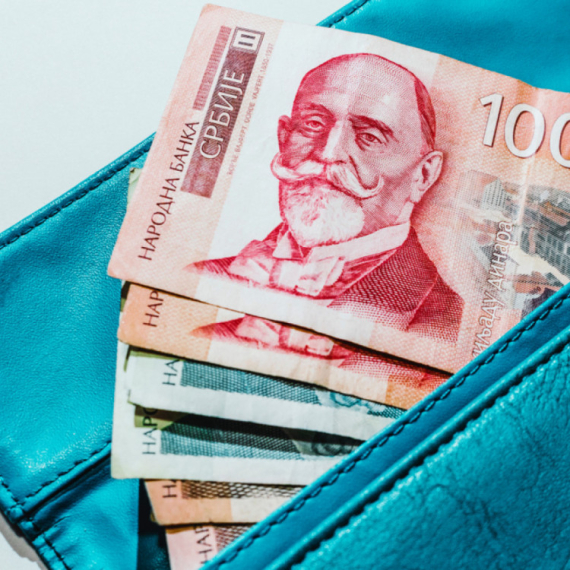




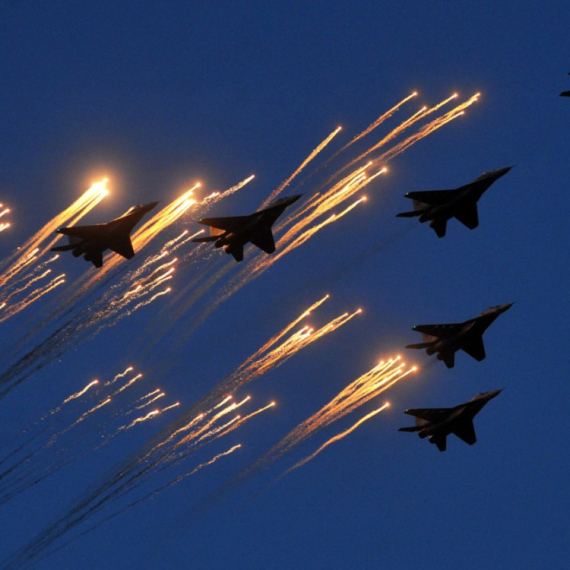
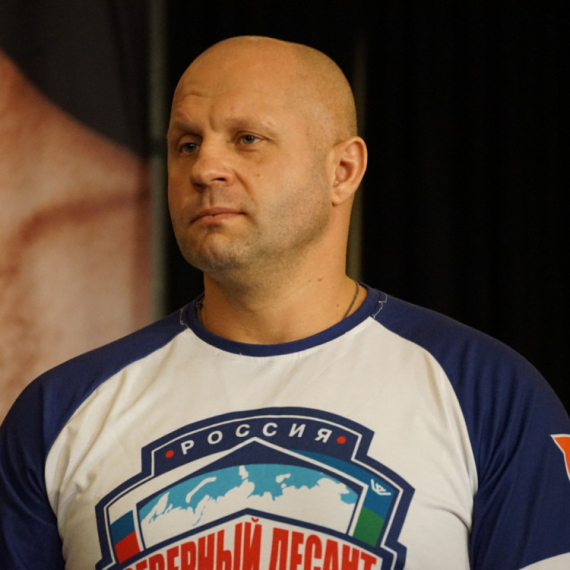
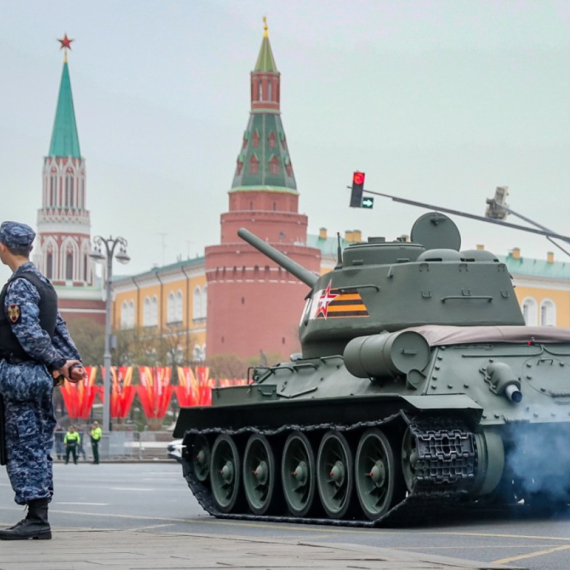
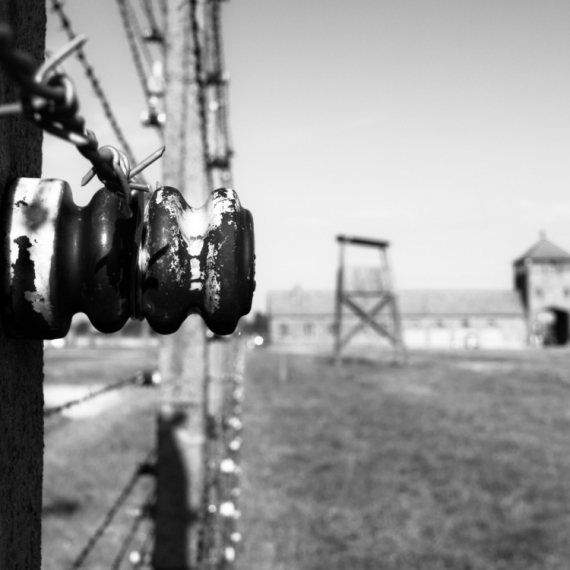

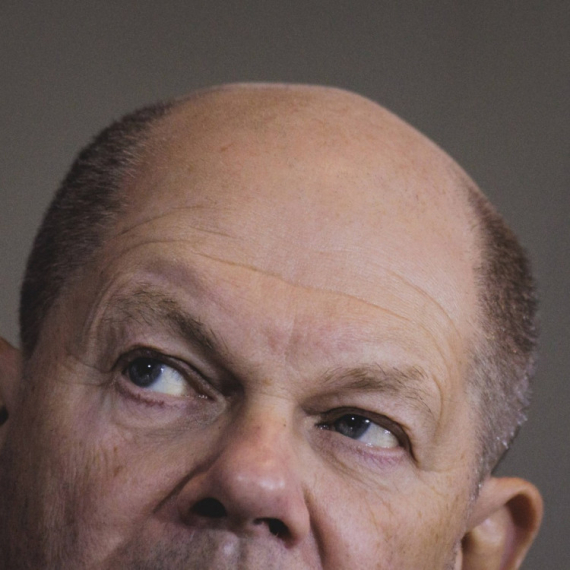
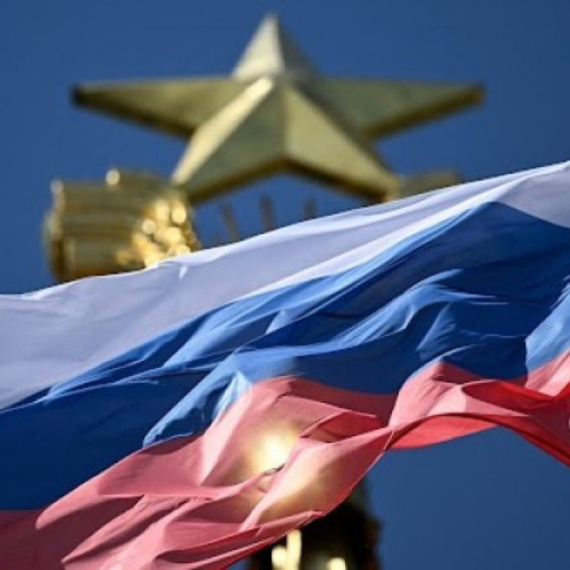
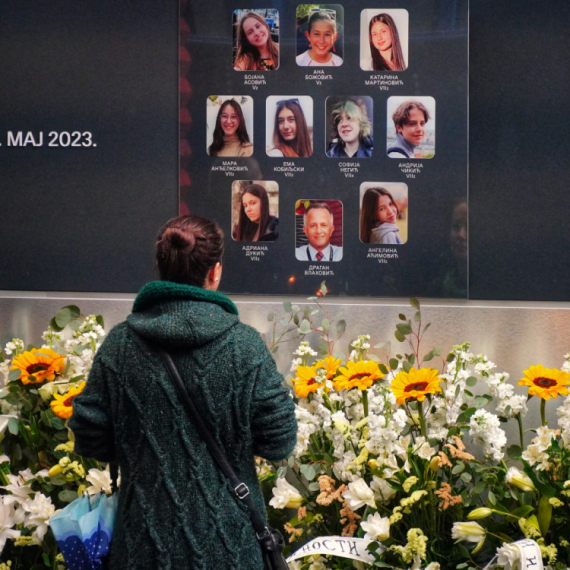

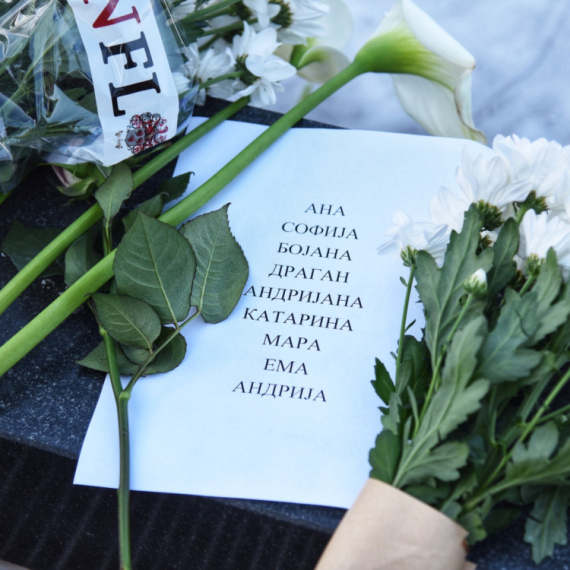

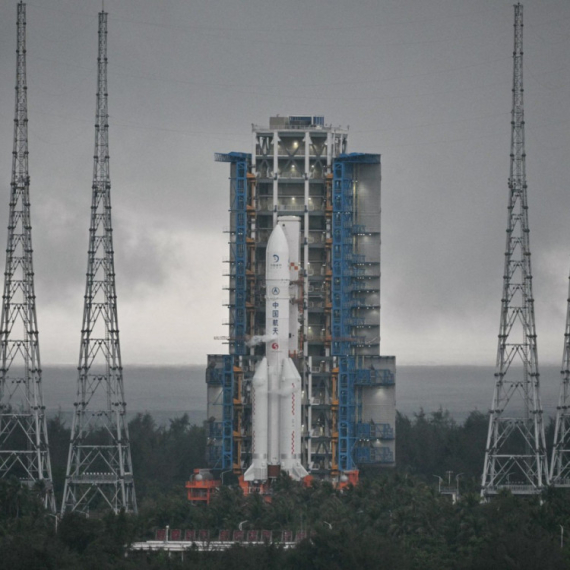


























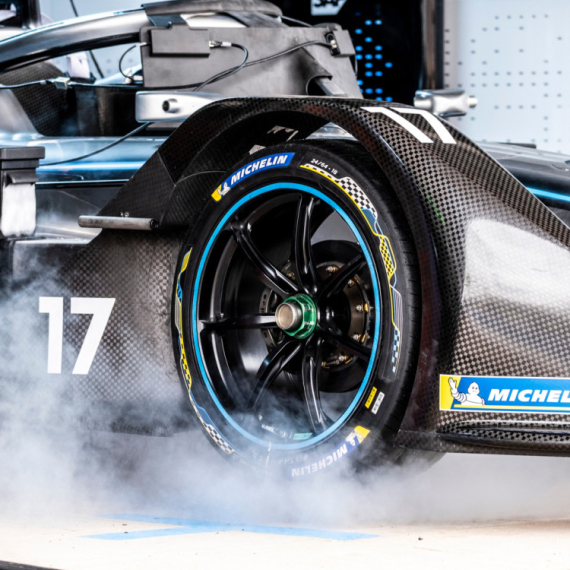




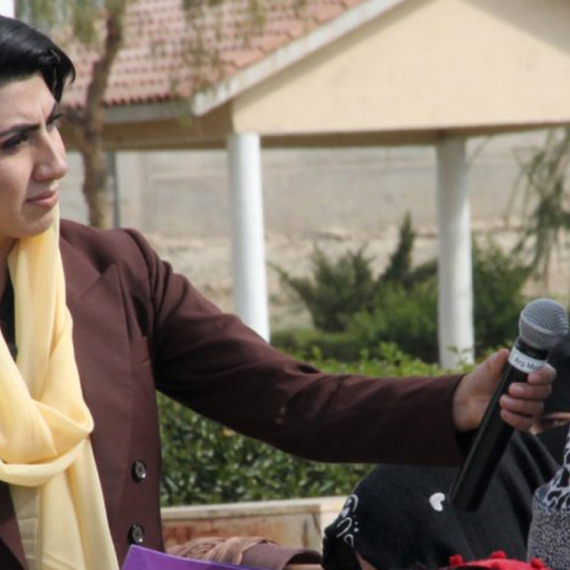

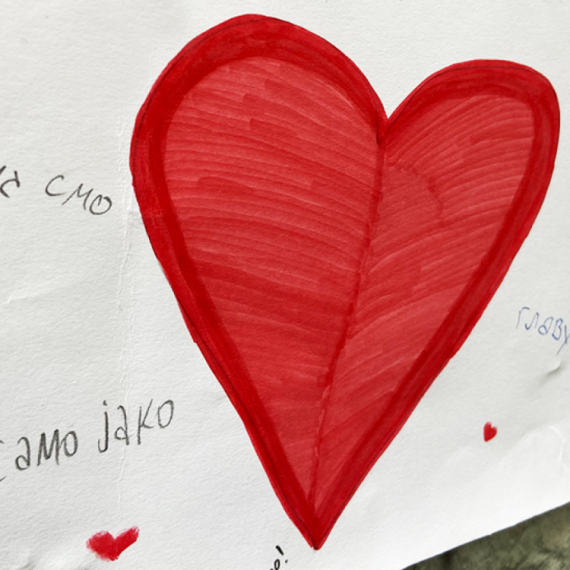


Komentari 1
Pogledaj komentare